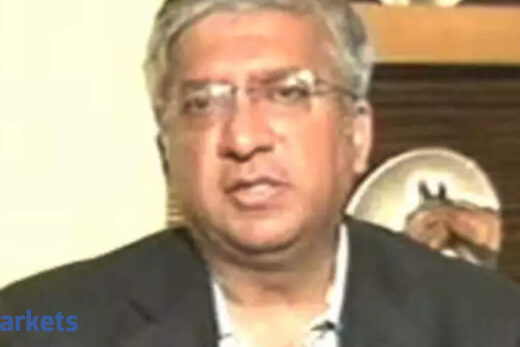Two institutional investors — Invesco Developing Markets Fund and OFI Global China Fund LLC — have requisitioned an EGM to vote on the removal of Punit Goenka as director of among other things. Ashok Kurien and Manish Chokhani, both non-executive, non-independent directors of the company, have resigned with immediate effect. In today’s Zee EGM, if the shareholders vote against the Goenka family and the existing directors, this would be one of its kind in a large Indian company where the promoters and founders would be asked to resign. What would be its implication on Zee?
I do not think there will be any impact on Zee. The promoters have sold off the majority stake. In heart and mind, the Goenka family was any way out of Zee. With just 5% stake, it is only a matter of time before they will exit. Sooner or later that would happen.
It is not that only family run businesses are being successful in the entertainment space. Look at Star, look at Sony. There are so many of them which have been around with all professional management. So Zee is in a good space. It has got its own audience. Once they get the right people on board, I do not see any reason for it to collapse.
It is a very good franchise from the stock market point of view. One should wait and see who comes on board. Yes the stock is definitely cheap but be patient with it and look at who comes on board. That is the way forward. I do not see any earth shattering consequences of the Goenka family exiting Zee.
Historically Indian promoters have had very large holding in the companies or the businesses which they have founded. Rarely do Indian promoters pass on the company to professional management. Great examples of the promoters who have done so are Dabur and Marico. They are now only shareholders and with one representation on the board. They do not interfere in day to day working. But in the case of Zee, the promoter with less than 5% stake are running the company.
One has to look at Punit Goenka as being a professional. He holds 5% stake and comes from the promoter family but he is a professional guy and he has set up a good team. But I always thought that the 5% stake is very little incentive for somebody who is coming from a business family to continue to work on this. I always thought that sooner or later, they are going to exit it and they will find their own space.
Once they find the right people, I do not think it is a bad business. They are in a very good spot but the Indian channels have lost a lot of market share to the Netflixes and Primes of this world and that is causing more damage than any of the other issues. That is the big elephant in the room.
Why are the smaller banks underperforming so much whether it is Federal or AU or even IDFC Bank? If the economy is making a comeback, the smaller banks will also participate in the credit cycle. But markets are saying that for small banks, NPA is a problem but for large banks credit opportunity is a gain?
I tend to agree with the market. There is a huge consolidation happening at the higher end of the market. When we look at it saying that the Indian economy is doing well, the Sensex is doing well, we are going to get those kinds of earnings, this is all on the formal side of the economy.
The informal side is where the real pain is, where people have lost jobs, where people are not able to pay and one should look at it from the microfinance angle, which is the really low end or the base of the economy. There the NPAs are at 10-12%. These are basically daily wage earners, small shopkeepers. Historically, there have been issues like huge floods or political intervention due to which NPAs in the MFI sector used to go up. At the base of the economy, there is a problem with income, with job losses and that is causing the high NPAs.
Similarly, the MSME sector which is mainly the small time manufacturers, small hotels, these have all been impacted by Covid. Most of the small banks focus on the MSME sector which is facing tough times.
One of the larger banks like RBL is also underperforming because their focus was on the MSMEs. So that part of the economy is in a bad shape and we have to be cognisant about that. That is why we are saying in our latest strategy report that we are very focussed on largecap banks which have got the wherewithal, which have raised capital and which are more focussed on the corporate side. That is where I think one should be invested in.



